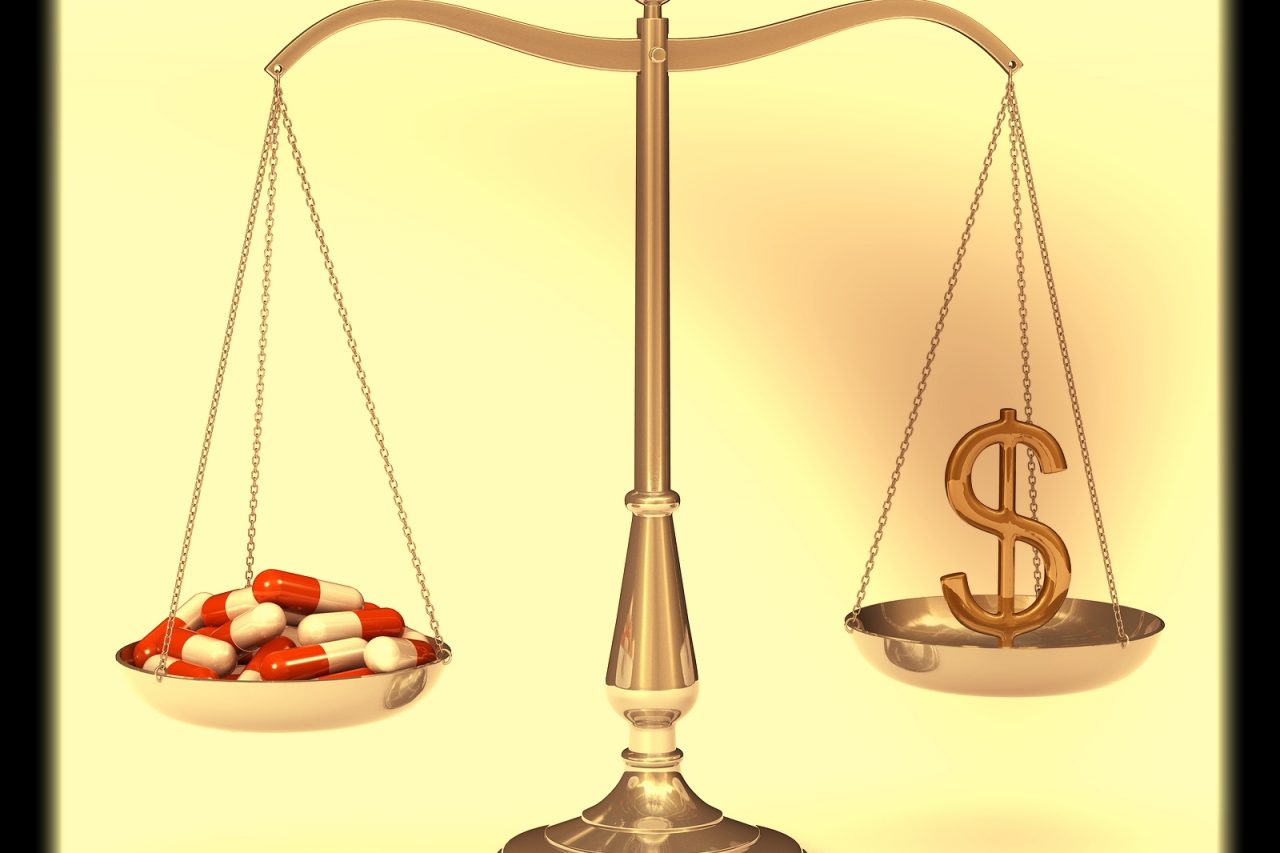How much therapeutic suffering would you endure to save your life? What if not to save your life, but to add five years? One year? Two months? The weekend of your daughter’s wedding? What does quality mean to you, and how do you balance benefit, risk, life and death? This is not a theoretical, make believe question, this is real life, because the best and most compassionate doctor might advise, your family support and cajole, and the experts publish their “findings,” but in the end it is up to you.
Friday, 10:00am: Lee is a 61-year-old-man with Chronic Myelogenous Leukemia (CML). His disease has responded to an oral “kinase inhibitor,” which has put him into remission. Remission in CML is not cure, but is control. CML is often a fatal disease. The medication has given Lee mild side effects, the worse of which is occasional nausea and some swelling of his ankles. Therefore, even after exacerbated education by me, Lee has drastically reduced his dose of medicine. The side effects are less, but his risk for early relapse is substantial.
Friday, 2:15pm: Bill is a 66-year-old-man with CML. His disease has responded for several years to an oral kinase inhibitor, which has put him into remission. The side effects are severe. Bill has nausea with a 21-pound weight loss, a scaly, almost disfiguring facial rash, headaches and significant fatigue. Bill is house bound, withdrawn from an athletic lifestyle, which included tennis, boating and hiking. However, even after extensive discussions with me, Bill vehemently apposes any change in his treatment.
This is the nature of all medical decisions; Compromise. How much benefit for how much risk. Or loss. What are your goals and what are you prepared to sacrifice? What does suffering mean? How do you measure cost?
For now, I am not talking about money. Too often in our “modern” medical world, we confuse or combine cost in dollars, with cost in suffering or quality of life. Yes, that is an important conversation, just not here, right now. I am talking about how much a patient is willing to sacrifice of life itself, in order to gain the possibility of more time alive. For this moment, let us leave our checkbooks in the drawer.
If we take a medicine for blood pressure, which might protect us from stroke, the benefit is obvious. However, what if it gives us an occasional cough? Dizziness? Nightmares? Stiff joints?
A bone marrow transplant for lymphoma can cure, but is a very tough mountain to climb. Makes sense for a healthy 29-year-old with a 2-year-old son. For such a patient there is almost no amount of suffering which is not “worth it,” even if the potential benefit is in the single digits. But, what about a 75-year-old with heart disease? A 29-year-old with a progressive neurologic disorder?
Healthcare decisions are compromise. Go out for a jog, twist your ankle. Vegan diet, miss that steak. Have a colonoscopy, enjoy the prep. Save your breast, undergo radiation. Treat an incurable, but just maybe, briefly, controllable cancer, lose your hair, deplete the strength in your legs, get fevers and maybe miss that last graduation or cancel that once-in-a-lifetime-the-thing-I-always-planned-to-do trip. “Do everything,” and die on a ventilator surrounded by strangers, instead of in the home you love.
Any doctor will tell you that decisions around compromise, balancing real life goals with real medical facts, is at the core of the physician – patient relationship. Skilled clinicians first listen in order to understand how a patient sees the world, in order to phrase education and advice within the context of that person’s “zeitgeist.”
Despite the best attempts to communicate, personal medical realities have limits. Sometimes the “truth” is inflexible. A fact is a fact. A broken bone is a broken bone. One the other side, there are many unknowns, especially for specific patients. “How long will I live” or “how well will the treatment work,” may have only a vague answer. Finally, “reality” changes. Cancers spread, coronary arteries close, sudden pneumonias invade. Doctors see the medical future through a haze, and even the most empathetic cannot read your soul.
Therefore, the final burden for each decision, for setting goals, for balancing personal benefit and cost, comes back to the patient. It requires forethought, discussion, and education. It demands introspection; what are your dreams, priorities and limits? Who are you? What do you want? It requires planning, now, today, when you are still hopefully healthy, well before the moment of critical decision.
If you, because of ignorance, trust or fear, abdicate that responsibility, step back and just “goes with the flow,” let the “experts” or your family decide, the result may not be healthy compromise. It may compromise life itself.







5 Comments